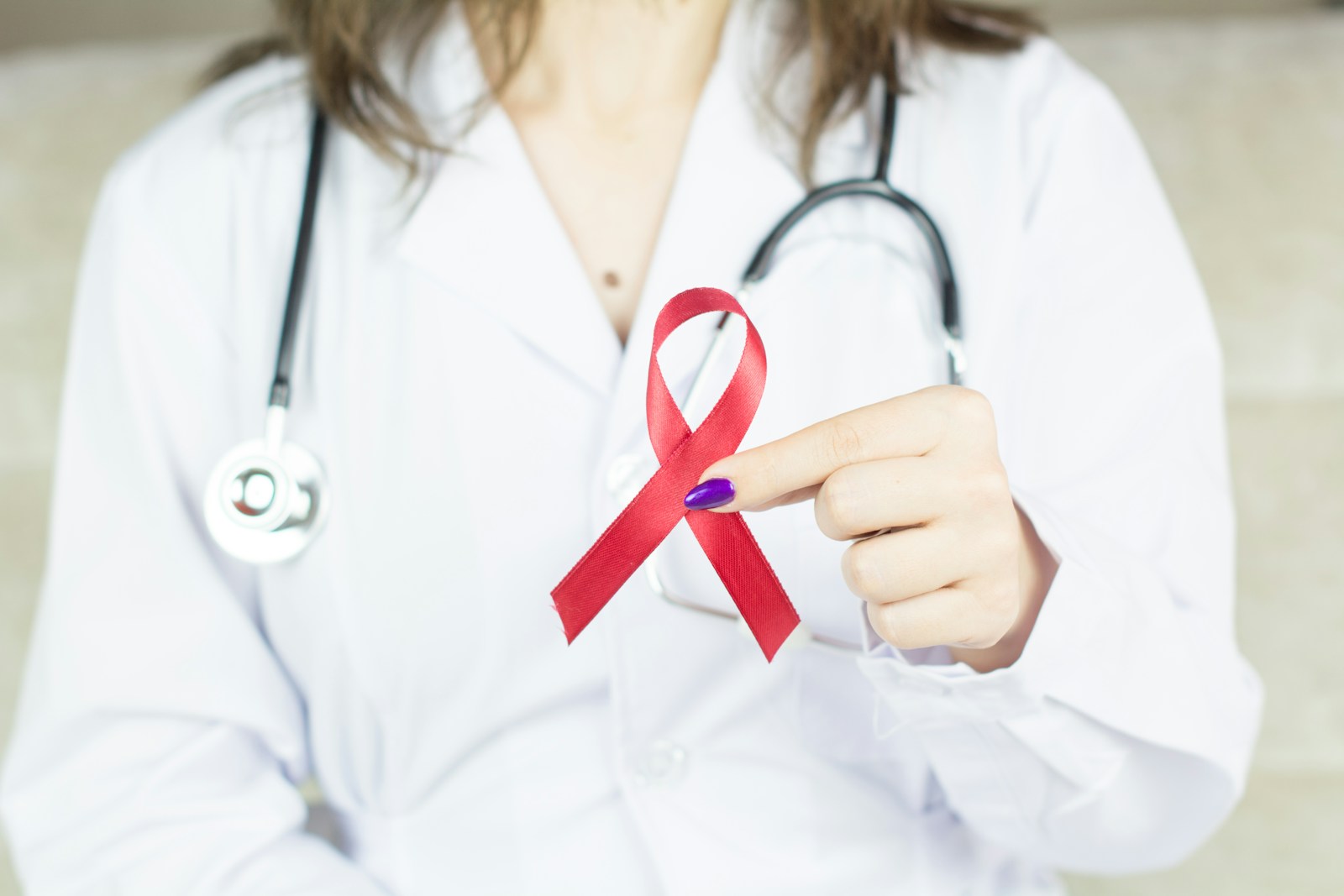Heart disease remains one of the leading causes of death among women globally, yet alarming evidence suggests that women are frequently underdiagnosed and undertreated for this serious condition. It’s time we delve into the underlying factors contributing to this issue and explore what can be done to change the narrative. In this blog post, we will examine the reasons for the underdiagnosis, its implications, and strategies to empower women to advocate for their cardiovascular health.
The Heart Disease Gender Gap
Despite the common belief that heart disease predominantly affects men, the reality is more nuanced. Women often present different symptoms, experience heart issues at different ages, and might face a variety of risk factors that aren’t always recognized by healthcare providers. This discrepancy has led to a significant gap in diagnosis and treatment, resulting in poor health outcomes for women.
1. Symptoms Vary: How Women Experience Heart Disease Differently
Many women may not experience the classic symptoms associated with heart disease, such as chest pain and radiating discomfort. Instead, they might exhibit symptoms like:
- Shortness of breath
- Fatigue
- Nausea or indigestion
- Back or jaw pain
- Anxiety or unusual sweating
These atypical symptoms can lead to misdiagnosis or delayed treatment, which is particularly problematic given that prompt intervention is critical in managing heart health.
2. Risk Factors Overlooked
Another crucial aspect contributing to the underdiagnosis of heart disease in women is that many traditional risk factors have historically been studied predominantly in men. As such, some risk factors specific to women may not be well understood or acknowledged, including:
- Hormonal changes: Factors such as pregnancy, menopause, and hormone replacement therapy can considerably impact a woman’s risk of cardiac issues.
- Migraine with aura: Women experiencing this condition may face a heightened risk of cardiovascular disease.
- Autoimmune diseases: Conditions like lupus and rheumatoid arthritis, which disproportionately affect women, are linked to increased heart disease risk.
- Depression and anxiety: Mental health issues can contribute significantly to heart health, affecting lifestyle choices and compliance with medical advice.

The Role of Healthcare Providers
Healthcare providers play a pivotal role in diagnosing heart disease. Unfortunately, unconscious biases and systemic shortcomings in medical training can lead to an underappreciation of women’s unique heart health needs. Here’s how these factors come into play:
1. Lack of Awareness and Education
Many providers are still operating under outdated perceptions of heart disease as a “male problem,” which can lead to:
- Underassessment of women’s symptoms: Women’s symptoms may not be taken as seriously, leading to missed or late diagnoses.
- Inadequate research: Limited studies focused on women mean that medical professionals may not be equipped with the necessary knowledge to address their unique heart health issues.
2. Implicit Bias in Diagnosis and Treatment
The biases that exist in the healthcare system can result in women receiving inappropriate, delayed, or insufficient treatment for their heart issues. This includes:
- Attribution of symptoms to stress: Women’s symptoms can sometimes be dismissed as anxiety or emotional stress rather than being explored as potential heart-related issues.
- Differences in symptom severity perceptions: Providers may perceive women’s expressions of pain or discomfort differently than men’s, leading to varied treatment responses.
Impact of Underdiagnosis on Women’s Health
The implications of underdiagnosis are significant. Women may experience a reduced quality of life, increased morbidity, and unfortunately, a higher likelihood of fatal heart events. Here’s a closer look at the repercussions:
1. Higher Mortality Rates
Research indicates that women who have heart attacks are more likely to die within a year than men. This alarming statistic underscores the need for increased attention to women’s heart health and the importance of early detection.
2. Psychological Damage
Being underdiagnosed or mismanaged can lead to feelings of frustration, helplessness, and anxiety. Women may struggle with:
- Impaired daily functioning: Persistent health issues can affect their ability to perform daily tasks, impacting their overall well-being.
- Negative emotional health: Chronic heart issues can foster mental health struggles, including depression and heightened anxiety.
3. Increased Economic Burden
Chronic heart conditions can lead to significant financial strain due to ongoing medical care, lost productivity, and in more severe cases, premature death. The economic impact can be felt not just by the affected individuals but also by families and communities as a whole.

Empowering Women: Steps Toward Better Heart Health
It’s crucial for women to take charge of their heart health and advocate for themselves in the healthcare system. Here are some actionable steps:
1. Know the Risk Factors
Understanding the various risk factors associated with heart disease is essential. Women should familiarize themselves with both the traditional and unique risk factors that may affect them, including:
- Family history: Knowing your family medical history can help you discuss your risk with your doctor.
- Lifestyle choices: Assessing diet, activity level, and habits can help highlight areas for improvement.
2. Proactive Screening and Regular Check-ups
Women should prioritize regular health screenings and advocate for comprehensive evaluations of their heart health, including:
- Cholesterol and blood pressure checks: These tests are essential in monitoring heart health.
- Discussing symptoms openly: It is critical for women to communicate any unusual symptoms to their healthcare providers.
3. Stay Informed and Educate Others
Sharing knowledge with friends and family about heart disease in women can help reduce stigma and raise awareness. Staying informed about the latest research and recommendations is key to making informed health decisions.
4. Harness the Power of Community Support
Connecting with support groups or communities of women who share similar health concerns can provide shared experiences and resources that enhance empowerment and awareness.
Our Thoughts
Heart disease is a pressing public health issue, particularly among women, who continue to be underdiagnosed and undertreated. By understanding the unique presentation of heart disease in women, addressing healthcare biases, and taking proactive steps concerning heart health, women can improve outcomes for themselves and future generations. It’s time to dismantle the barriers to accurate diagnosis and treatment through education, advocacy, and community engagement. Together, we can create a healthier future for women everywhere.
For more information on heart health and related resources, please consult a healthcare professional or visit reputable organizations dedicated to women’s cardiovascular health.













